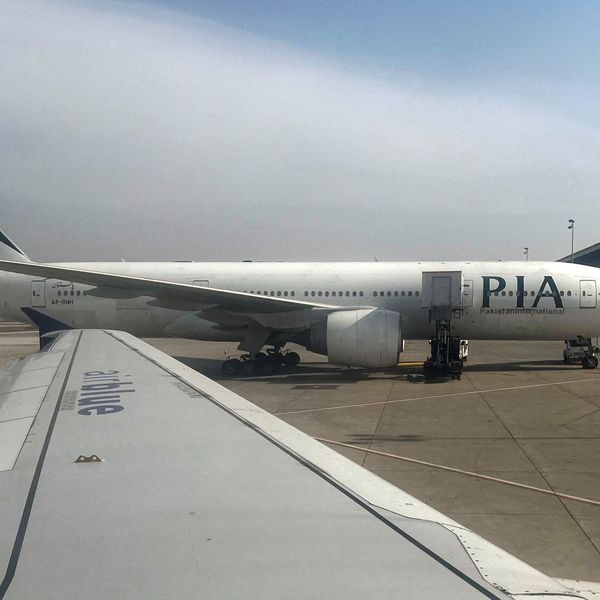Despite signs of recovery, structural challenges continue to stall Pakistan’s economy
Kamran Khan examines Pakistan's economic progress, revealing systemic failures that hinder reforms and investment
News Desk
The News Desk provides timely and factual coverage of national and international events, with an emphasis on accuracy and clarity.
Pakistan’s economy has shown signs of recovery, with inflation easing and foreign exchange reserves improving, but persistent structural issues and reform delays have cast a shadow over the progress.
Inflation dropped from 38% to 5%, and interest rates decreased from 22% to 13% in the past year and a half. Foreign exchange reserves quadrupled to $12 billion, while Pakistan Stock Exchange surged from 40,000 to 111,000 points. Yet, despite these gains, key structural reforms under the International Monetary Fund (IMF) program remain unfulfilled.
The IMF had planned a mission for March 2024 but dispatched an emergency team in November 2023 to assess Pakistan’s progress. Their findings underscored a lack of tangible outcomes in privatization, tax enforcement, and energy sector reforms. State-owned enterprises (SOEs) continue to drain national resources, with no concrete privatization timeline for entities like Pakistan International Airlines (PIA) or power distribution companies.
PIA, in particular, exemplifies the challenges. Despite hiring financial advisors and attracting interest from foreign investors, privatization efforts stalled after bids fell drastically short of the PKR 85 billion reserve price. PIA’s losses now exceed PKR 830 billion, with plans for a fresh financial advisor underway. Similarly, privatization strategies for power distribution companies remain unclear, contributing to a PKR 660 billion fiscal loss last year.
The tax system also lags, with the Federal Board of Revenue (FBR) falling PKR 340 billion short of its target in the first five months of this fiscal year. Despite imposing PKR 1.5 trillion in additional taxes, the salaried class bore most of the burden, while businesses contributed a meager PKR 13 billion.
Meanwhile, critical investments under the China-Pakistan Economic Corridor (CPEC) have stagnated. Projects like the ML-1 railway upgrade remain delayed amid Chinese concerns over security after attacks on their nationals in Pakistan.
Without addressing these systemic issues, economic stability remains fragile. The IMF’s roadmap and promised reforms are critical to achieving long-term growth, but delays in implementation continue to undermine progress.








Comments
See what people are discussing